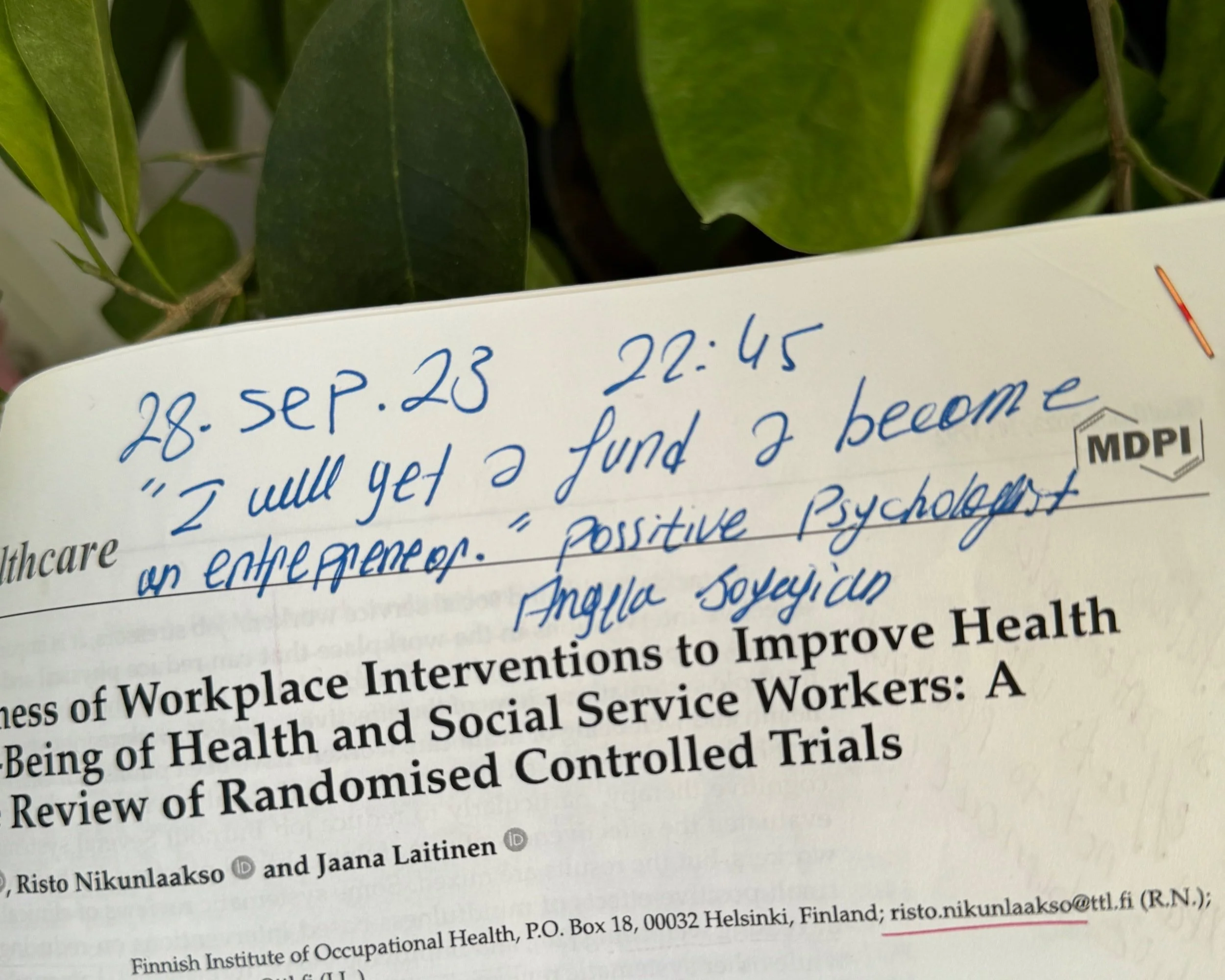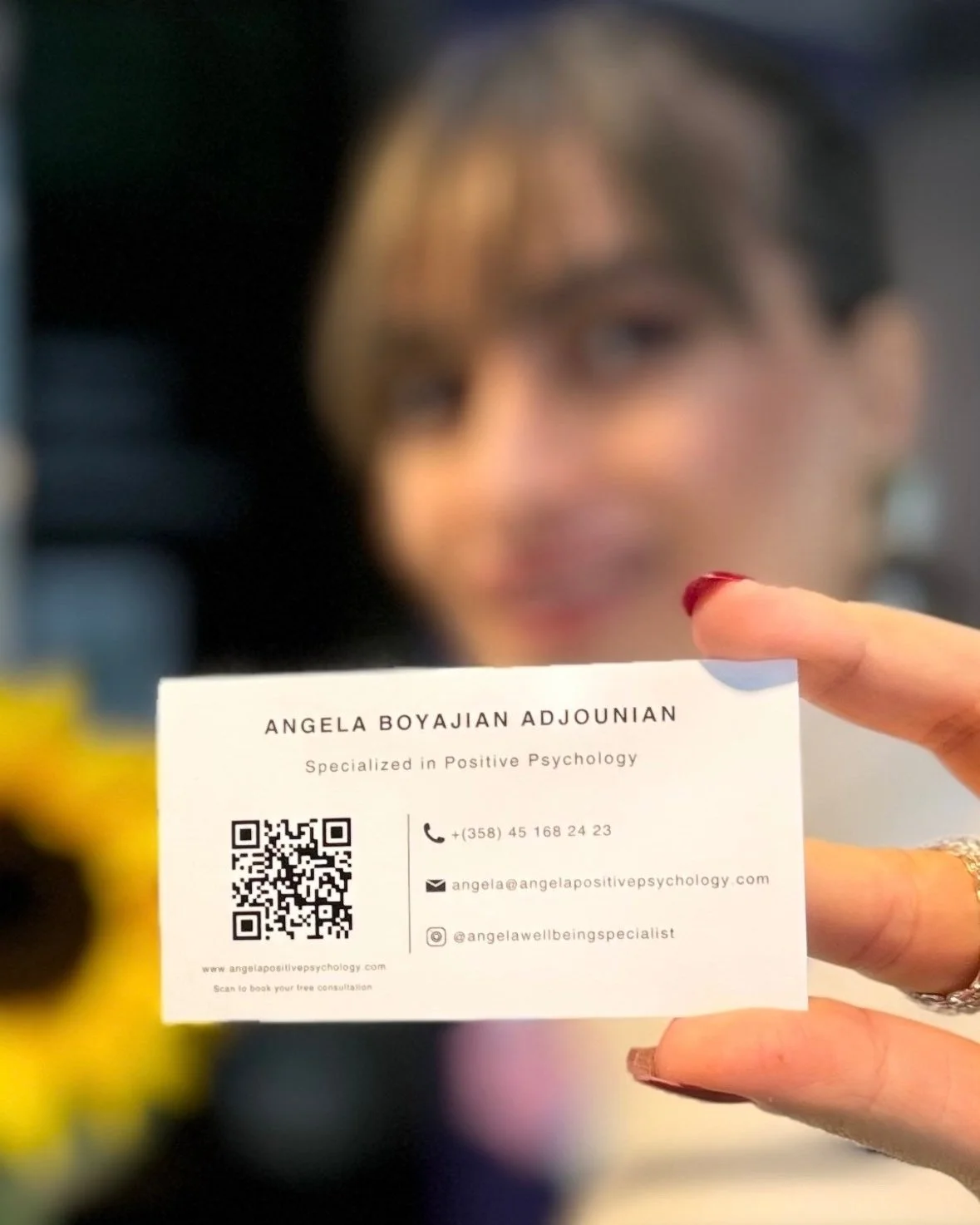The Emotional Cost of Being an Entrepreneur
Being an entrepreneur is a dream for many, and if you’re reading this with that same dream, I encourage you—keep dreaming and work hard to make it real! But let’s get one thing straight: the emotional cost of entrepreneurship is real. It’s not easy, but the sense of achievement and fulfillment that comes with it is worth every sacrifice. I’m writing this blog to share my experiences, along with insights from science and lessons I’ve learned throughout my entrepreneurial journey.
Does Formal Experience Matter in Entrepreneurship?
Is formal experience necessary for business success? My answer: No. I believe passion, adaptability, vision, and an unending desire to learn are the most crucial qualities for an entrepreneur. Industry knowledge is valuable, but passion comes first—and you can always learn more as you go. What really counts is staying true to your vision and building trust, both in yourself and with others. When you trust yourself, you project that confidence, making it easier for others to trust you too.
Networking is also invaluable. Building connections at events, meeting investors, and interacting with like-minded people can open doors and bring fresh perspectives. And yes, you can absolutely do this while running your own business!
‘’Stand tall, trust your vision, and let your confidence inspire others to believe in you too!’’ Angela Boyajian Adjounian
Emotional Cost of Entrepreneurship: The Reality Behind the Dream
Entrepreneurship is often seen as a journey of empowerment and growth, it’s essential to acknowledge the emotional costs. Beyond passion and innovation, many entrepreneurs experience intense stress, isolation, and the fear of failure. These challenges aren’t just personal—they’re widely reported across entrepreneurial literature, highlighting the pressures that come with creating something from scratch.
“The people who are crazy enough to think they can change the world are the ones who do.” Steve Jobs
My Entrepreneurial Journey
I always knew I wanted to be an entrepreneur. Many ideas came to mind, but none truly reflected real me until one day, I looked at my strengths, my knowledge, and remembered friends telling me I was a source of motivation for them. Then, one night while working on my Master’s thesis at the University of Helsinki, I wrote, “I will get funding and become an entrepreneur. Positive Psychologist Angela Boyajian” That note became my commitment, and today, on October 27, 2024, I’m writing this blog as an entrepreneur. I made it!
This wasn’t just a manifestation—it was passion, planning, action, and belief. I researched, networked, and even wrote my thesis on organizational well-being, all with a clear goal in mind. At the time, I was also working a physically demanding part-time job, balancing my thesis, lectures, and Finnish language classes. I isolated myself, focused solely on my dream, working and planning to achieve it. It was exhausting, both physically and emotionally, but my passion kept me going.
If you’re reading this, maybe you feel that same drive. Is it your time to shine? Do you feel a strong passion pushing you forward? If so, listen to it and follow it.
Isolation and Loneliness
Many entrepreneurs struggle with isolation, especially when starting alone or with a small team. In the early stages, they often work from home, which can be quite lonely, lacking the social support structures found in traditional office environments. According to a study by Steffens et al. (2018) in the Journal of Business Venturing, the solo journey of entrepreneurs can foster loneliness, impacting their mental health and overall well-being.
When entrepreneurs push boundaries and take risks, it can be hard for friends and family to fully understand the drive or challenges behind those choices. A lack of shared experiences can lead to emotional loneliness, which research has shown can impair both personal satisfaction and professional effectiveness.
For this reason, I suggest surrounding yourself with people who share the same mindset. You need individuals who understand your business perspective. You don’t need friends who get offended when you say no to a coffee date because you have to work on your business; you need someone who will encourage you and share knowledge with you.
‘’having a group of entrepreneurs as friends is a different kind of flex’’ Ludacris
Embracing the Learning Curve
When I joined the University of Helsinki’s Incubator Program, I didn’t even know what “net profit” or “revenue” meant! I dedicated myself to learning by watching finance videos, asking questions, and reading Rich Dad Poor Dad by Robert Kiyosaki. I wanted to understand every part of entrepreneurship—sales, marketing, finance, branding, and more.
But soon, I became overwhelmed. I realized I wasn’t socializing, I wasn’t cooking, and I was constantly ordering food to save time. The reality of this path is demanding. Imagine months of waking up and working late hours, solely focused on your goal. Are you ready to skip social events and make personal sacrifices to pursue your mission?
Sometimes, the intensity means stepping back to recharge. I took three months guilt-free break, knowing I needed to restore my energy. Taking care of your well-being, both physically and mentally, is essential for staying passionate. Passion alone can lead to burnout if we don’t balance it with rest. So, whether you need a one-day break or a three-month one, honor your needs.
Work-Life Balance: A Constant Challenge
Finding a work-life balance is a particular challenge for entrepreneurs, as their work often overlaps their personal lives. Research in the Harvard Business Review (Weinberger, 2021) shows that entrepreneurs tend to experience work-life conflicts more than salaried employees because they have fewer defined boundaries. The notion that “you’re always working” can be hard to overcome, especially when you’re passionate about your business.
An emerging solution to this challenge is learning to prioritize well-being alongside business goals. Literature suggests that techniques like setting boundaries, engaging in self-care, and scheduling downtime can help maintain mental and emotional health. Prioritizing well-being isn’t just a luxury; it’s a necessity for sustaining long-term productivity and creativity.
Following a Different Path
After graduation, many people apply for jobs, sending countless resumes and cover letters. In Finland, I see many LinkedIn posts about international graduates struggling to find work. While this path makes sense for many, I chose differently. I asked myself if I needed more formal experience, even though I already had 11 years in teaching, sales, hospitality, translation, and psychology. I knew my dream deserved all my energy and resources. With these thoughts in mind, I came across a quote: “I wanted to work for a company that cares deeply about me. So I employed myself.” I set a mission for myself to help organizations create an environment where employees feel genuinely cared for.
Many people suggested I get a job to secure residency since I do not have Finnish citizenship or start small through blogging and Instagram. But I decided to take a bigger risk. It cost me financially and emotionally, but growth requires courage. As a lifelong risk-taker, I embraced the journey and found strength in pursuing new paths.
"People don't have the patience to dedicate three years to building their own business, but they have the patience to work for others for 40 years.” — Warren Buffett
From Fear of Failure to Personal Growth and Resilience
Failure is a real possibility in any business venture, and statistics show that around 20% of new businesses don’t survive their first year, with 50% not making it past five years (SBA, 2022). Facing these odds requires resilience, but the psychological toll is significant. The fear of financial loss, disappointing stakeholders, and damaging one’s reputation are burdens that many entrepreneurs carry daily.
Research in the Journal of Business Venturing (Markman, 2020) indicates that entrepreneurs who approach challenges with adaptability and determination often find greater fulfillment. By learning to embrace uncertainty and change, they discover new levels of growth and satisfaction that positively impact every aspect of their lives. While the journey is difficult, it can lead to a more resilient and empowered version of oneself.
In this way, the hardships of entrepreneurship can be more than just obstacles; they can become milestones of personal development and success.
“May your passion guide your journey, and may every challenge bring you closer to your dreams. Keep pushing forward; your dedication will shine through!"
Angela Boyajian Adjounain


